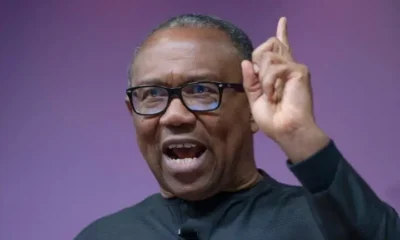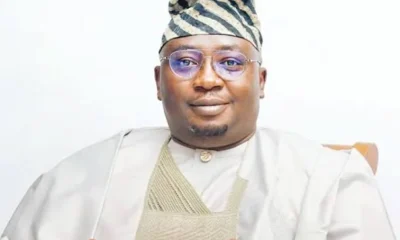World News
The world must do everything to avoid another cold war – IMF boss
-

 News1 week ago
News1 week agoBREAKING: Dana Air plane crashlands in Lagos
-

 News2 weeks ago
News2 weeks agoBREAKING: We regret calling female lawyer a liar, but no apologies – Dunamis
-

 News3 weeks ago
News3 weeks agoBREAKING: Bobrisky, ‘Mummy of Lagos’ finally dumps sisterhood, confirms ‘I’m a man’
-

 News3 weeks ago
News3 weeks agoNew tariff: Don’t let it spread to the poor, let the rich pay – Obi
-

 Editorial3 weeks ago
Editorial3 weeks agoEdo impeachment: Sad ending for ‘Emperor’ Obaseki
-

 Editorial4 weeks ago
Editorial4 weeks agoAllen Onyema: Upping the ante of patriotism
-

 News2 weeks ago
News2 weeks agoBREAKING: You can’t try me, Cubana Chief Priest tells EFCC *Gets N10million bail
-

 News1 week ago
News1 week agoIkpeazu to Otti: You’re a comedian *Show the world what you have on me






















